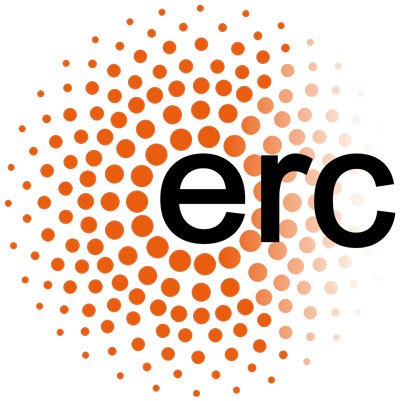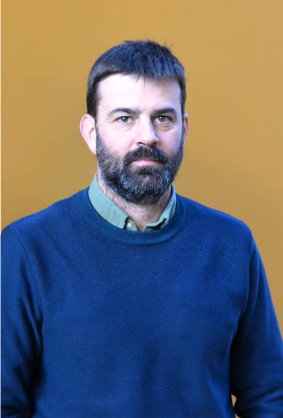
Field: Chemistry
Research: Shape-Shifting Ultrathin 2D Colloidal NanoPlatelets
Project
Mechanical instabilities of thin sheets has long been exploited in Nature to create patterns and ensure vital functions such as stimuli responsiveness. By applying forces at the surface of thin objects, it is possible to create a wide variety of chiral 3D shapes such as helices, twists and rolls. Moreover, minute changes on these forces can induce dramatic shape-shifting between different geometries. Our goal is to use this general principle to establish a new class of chiral and addressable nanostructures that current synthetic strategies can not afford. Building on our pioneering results, i will use organic ligands at the surface of two dimensional colloidal nanoplatelets to bend and twist ultrathin nanosheets into complex shapes. We first aim at establishing generic synthetic principles for colloidal 2D materials. To do so, we will develop in situ scattering methods to get atomistic insight on their formation mechanism. We will then determine the link between surface chemistry, interfacial stress and conformation in a set of model systems. Based on these insights, we will design stimuli responsive surface ligands whose conformational change upon excitation by an external stimuli will impact the nanoparticle shape. Finally, understanding the nanoscale colloidal forces and geometric frustration between these new building blocks will enable the design of nanostructured solids made by out-of-equilibrium assembly. This research program will advance our fundamental knowledge on mechanics at the nanoscale and provide a mechanistic framework for synthetic chemistry of 2D materials. The nanoparticles that we will synthesize are expected to have broad applications due to their chiroptical properties and their stimuli responsive character in fields as diverse as nano-swimmers, detection of chiral bio-coumpounds, photo-catalysis, soft-robotic or sensors/actuators.
Max ERC Funding
1 958 000 €
Duration
From 01/06/2020 to 31/05/2025
ERC Consolidator Grant
ERC Consolidator Grants support promising researchers who are at the beginning of an independent research career. The consolidation of their own research team will be funded with the grant. For the evaluation of the researcher profile several benchmarks according to research domain and career development are taken into account. For instance, applicants should have several important publications without their PhD supervisor. Other benchmarks include publications as first author in high-ranking international journals, (translated) monographs, patents, conference presentations or (inter)national prizes and awards.
Researcher
 Benjamin Abécassis
Benjamin Abécassis
CNRS Researcher at Laboratoire de Chimie of ENS de Lyon






